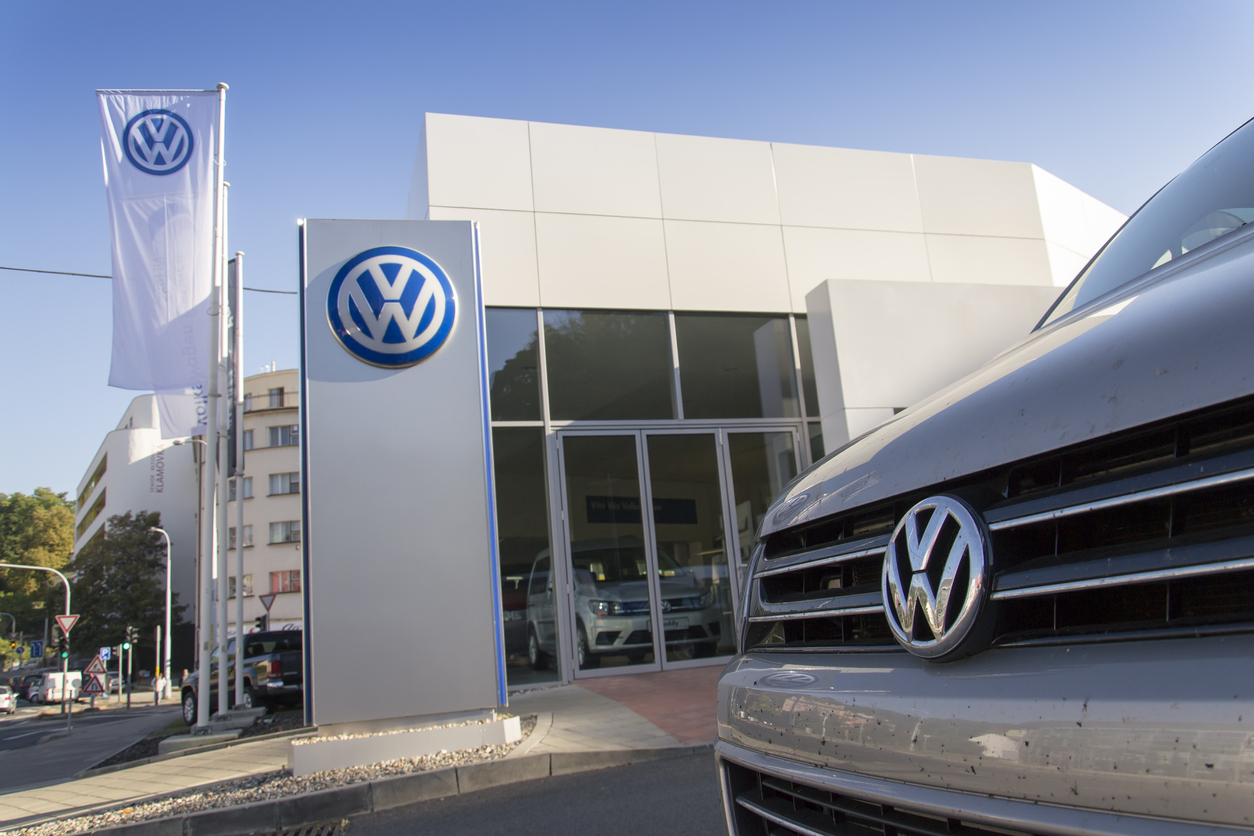Volkswagen Exits Xinjiang Plant Amid Global Controversy and EV Revolution
Volkswagen’s Bold Step: What the Xinjiang Exit Means for Its Future
Volkswagen AG and its long-standing Chinese partner, SAIC Motor, have made waves with their decision to sell their joint venture factory in Xinjiang, a region at the center of international controversy. Accusations of human rights abuses in the region have put multinational corporations under pressure, prompting Volkswagen to reevaluate its presence. This move marks a significant pivot in the German automaker’s global strategy as it faces mounting scrutiny and shifting market demands.
The Sale of the Xinjiang Plant: A Strategic Move
The factory, located in Urumqi, Xinjiang's capital, will be sold to the Shanghai Motor Vehicle Inspection Center. While the plant had a maximum production capacity of 50,000 vehicles annually when it launched in 2013, it has since ceased vehicle production and now serves only as an inspection site. Despite this change in operations, Volkswagen confirmed that the 170 workers currently employed at the facility will retain their jobs under the new ownership.
In addition to the plant, Volkswagen and SAIC have also sold test tracks in Xinjiang’s Turpan region and in Anting, near Shanghai. This signals the joint venture’s complete exit from Xinjiang, addressing a long-standing source of criticism. While Volkswagen has maintained that an independent audit found no evidence of forced labor at the Urumqi plant, the decision to divest from the region highlights the growing pressure on corporations to consider ethical implications alongside business interests.
Volkswagen and SAIC: A Storied Partnership
Volkswagen's relationship with SAIC is deeply entrenched in the history of China’s auto industry. The partnership, which began in the 1980s, was pivotal in shaping the country's automotive market. Volkswagen's iconic Santana sedans became a symbol of modernization and were integral to taxi fleets across major Chinese cities.
SAIC, now China’s largest automaker, produced over five million vehicles in 2023 and has established partnerships with other global giants like General Motors. The extension of the Volkswagen-SAIC joint venture until 2040 ensures that the collaboration remains a cornerstone of China’s evolving automotive landscape.
However, the focus of the partnership is shifting. With the global automotive market undergoing a dramatic transformation, the joint venture plans to intensify its efforts in electric vehicles (EVs). Volkswagen has announced that 40 new models will debut in China over the next three years, with 30 being electric by 2030. SAIC Volkswagen, specifically, will contribute 18 new models by 2030, including eight EVs, as part of its accelerated transition toward sustainable mobility.
The EV Boom in China: Challenges for Volkswagen
China is not only the world’s largest automotive market but also its most dynamic. Over the past three years, the EV sector has experienced explosive growth, reshaping the market landscape. Domestic manufacturers like BYD and Nio have seized the opportunity, leveraging government incentives and a tech-savvy consumer base to dominate the market. Meanwhile, traditional automakers like Volkswagen have struggled to keep pace.
Volkswagen, along with other global automakers, has been caught flat-footed by the rapid rise of EVs in China. The German automaker is now playing catch-up, doubling down on EV development and aiming to reclaim its competitive edge. However, the company faces stiff competition not only from established Chinese players but also from Tesla, which has established a strong foothold in the country.
The Xinjiang plant’s sale underscores this pivot. While the facility played a role in Volkswagen’s historical success in China, it no longer aligns with the company’s strategic priorities. The resources from the sale will likely be redirected toward bolstering Volkswagen’s EV lineup and expanding its market share in this crucial segment.
Geopolitical and Ethical Challenges
Volkswagen’s exit from Xinjiang also sheds light on the growing geopolitical pressures facing global corporations. The Xinjiang region has been at the center of allegations of human rights abuses, including claims of forced labor targeting Uyghur Muslims. These accusations have led to international scrutiny of companies operating in the region.
While Volkswagen has denied any wrongdoing and pointed to its independent audit findings, the controversy has remained a thorn in its side. The decision to sell its Xinjiang assets can be seen as a strategic retreat to avoid further reputational damage, particularly as consumers and governments alike demand higher ethical standards from businesses.
Additionally, foreign automakers in China are navigating an increasingly complex trade environment. Western governments, including the United States, have imposed or proposed higher tariffs on Chinese EV imports, complicating market access and raising costs. For Volkswagen, maintaining a strong presence in China while managing these geopolitical tensions requires a delicate balancing act.
The Future of the Volkswagen-SAIC Partnership
Despite these challenges, Volkswagen remains committed to its partnership with SAIC and to its presence in China. The decision to extend the joint venture agreement until 2040 highlights the automaker’s confidence in the long-term potential of the Chinese market, even as it grapples with short-term uncertainties.
The focus moving forward will be on electrification and innovation. Volkswagen’s ambitious EV roadmap reflects its determination to secure a leading position in the global shift toward sustainable mobility. By investing in new models, advanced technology, and strategic collaborations, Volkswagen aims to meet the growing demand for EVs in China and beyond.
A Broader Industry Trend
Volkswagen is not alone in its recalibration of strategy in China. Many foreign automakers are reassessing their operations in the face of the EV revolution and shifting geopolitical dynamics. The restructuring of the Volkswagen-SAIC joint venture mirrors broader trends in the industry, where agility and adaptability are becoming essential for survival.
A New Chapter for Volkswagen
The sale of its Xinjiang plant marks the end of an era for Volkswagen and the beginning of a new chapter. While the decision reflects the automaker’s response to ethical and political pressures, it also aligns with its strategic focus on electrification and innovation.
As Volkswagen pivots toward a future dominated by EVs, its ability to navigate China’s competitive and rapidly evolving market will be crucial. The stakes are high, and the automaker’s actions today will shape its trajectory for decades to come. By addressing challenges head-on and embracing change, Volkswagen is positioning itself for a greener, more dynamic future—one electric vehicle at a time.











